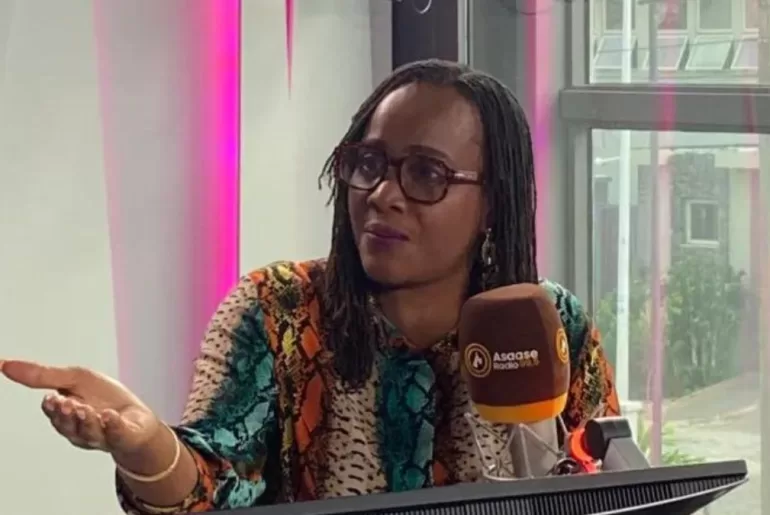On Tuesday, February 13, 2024, the Danquah Institute (DI) presented empirical evidence to back up the New Patriotic Party’s (NPP) claim of being “better managers of the economy” than the opposition National Democratic Congress (NDC).
The Danquah Institute stated at a press briefing on Tuesday (13 February) that its comprehensive data demonstrates that the NPP has a distinct positive track record of performance over the NDC, and that the NPP, as a result, are better economic managers.
The empirical evidence, which includes a variety of economic indicators such as GDP growth, inflation, exchange rate, debt-to-GDP, fiscal policy, credit rating, and primary balance, highlights the effectiveness of the NPP’s policies in promoting economic growth, stability and resilience.
According to the Danquah Institute, the NPP’s track record, from fiscal responsibility to debt management, demonstrates a commitment to sound economic principles.
In contrast, the NDC’s historical performance raises concerns, particularly in the areas identified in our presentation. The data highlight instances where the NDC’s governance was characterized by economic challenges despite the absence of exogenous shocks, raising concerns about the efficacy of their policies.
Furthermore, the NPP’s ability to navigate global economic challenges and maintain a positive trajectory despite external shocks distinguishes it.
The NPP’s resilience in steering the Ghanaian economy toward long-term development is evident in the current positive outcomes, according to the DI.
For example, empirical evidence from the Danquah Institute shows that in 2011, immediately after commercial oil production began, the country experienced a historical GDP growth rate of 13.95%.
This growth rate steadily declined to 2.86% in 2014, then to 2.12% in 2015, before rising marginally to 3.37% in 2016.
DI stated that its research confirms Dr. Bawumia’s claim that Ghana’s GDP growth averaged 3.9% between 2013 and 2016.
Dr Bawumia emphasized that between 2017 and 2020, GDP growth increased to an average of 5.3%. The Ghanaian economy experienced significant growth. From 3.37% in 2016, the economy increased dramatically to 8.13% in 2017.
While acknowledging that the 2017 economic growth was largely influenced by the oil sector (as was the case in 2011), non-oil sector growth stood at 4.9% in 2017, indicating a positive growth from 2016. The robust GDP growth performance was supported by a significant increase in agricultural GDP growth, which rose from an average of 2.9% between 2013 and 2016 to an average of 6% between 2017 and 2022.
According to DI, on January 7, 2013, one US dollar was exchanged for GHS 1.8725 (interbank rate). However, by January 7, 2017, the exchange rate had risen to GHC4.2141 per US$1.
According to Dr. Bawumia, the cedi depreciated by 17.7% against the dollar on average between 2013 and 2016.
The cedi depreciation rate decreased significantly from 2017 to 2020, reaching an average of 7.5%. Furthermore, the average cedi depreciation rate fell to 6.8% between 2017 and 2021.
“In light of these findings, it is imperative for Ghanaians to carefully evaluate the economic track records of both parties [NDC and NPP] as they make informed decisions about the future leadership of our dear nation, Ghana,” the Danquah Institute said in a press release.

